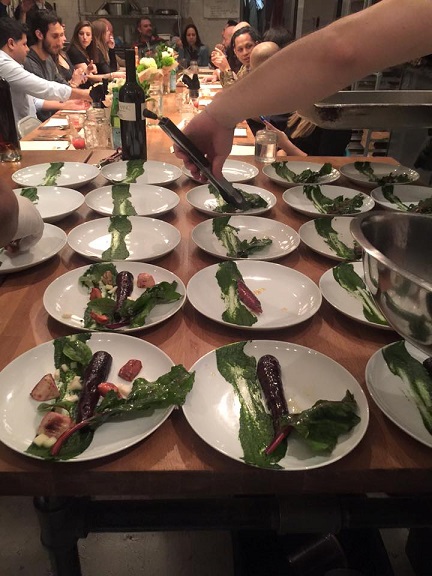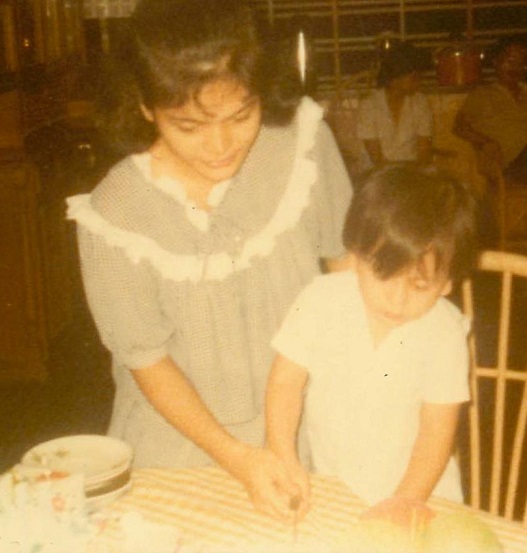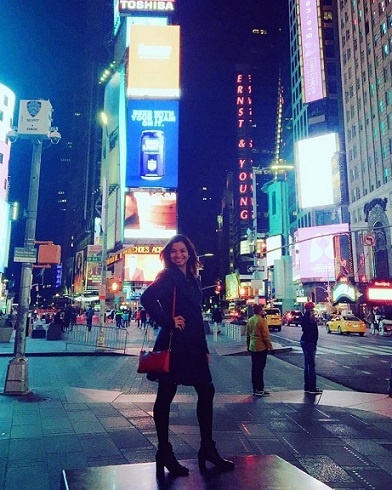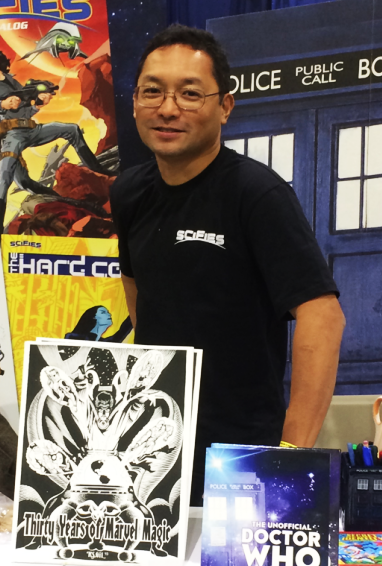5 hard lessons for comic book creators: ‘Comic Cons can be a drain on the wallet’
By Ramon Gil
They say we are in a Golden Age for comic books. With all the movies and strides in technology and diversity within the industry, I believe that’s true. It’s also true for a select few creators who are getting their just rewards and recognition from fans and peers. But for the vast majority of us, the struggle continues to be long and hard.
1. The life of a comic book creator is a life of deadlines and low pay.
I have a few friends who get steady work from the top comic book publishers and what I’ve noticed is that they are either always on deadline or are never getting paid enough or both! In the comic book industry, you don’t get paid by the hour, you get paid by the page. Regardless of how many revisions are asked for or how quickly the work needs to be done, it seems to be the norm among publishers. For better or worse, creators are stuck with this system. And the reason why page rates are so low is because of the law of supply and demand. When there are more people wanting to work in comics then there are actual jobs, then there’s always somebody willing to work for less. And that drives prices down. So if you’re in this for fame and fortune, think again.
2. Comic Cons can lose you money.
Sure, you need to be networking. Sure, you need to be promoting your books. Sure, it’s a lot of fun. But with Comic Cons popping up left and right lately, trying to go to all or most of them can be a real drain on your wallet. Unless you’re selling tons of prints, commissions or, if you’re lucky, your own books, then you may actually be losing money. Not to mention the expense of travel, lodging and your time. So choose carefully which Comic Cons to attend. Set a budget and stick to it.
3. You have to promote your work and be prepared to wait a long time.
Some of us think we’re “hot shit” right out of the gate. I’m guilty of this. And people will tell you that your work is good and maybe it is or maybe these folks are your parents. But there’s so much competition out there for people’s attention and money that even if you seriously came up with the next “Walking Dead,” a hundred other people probably have done it before you. I have seen so many creator-owned books that are just amazing but they don’t have an Image deal or distribution through Diamond. If you want people to read your work, you got to put it out there every day on Facebook, on Twitter, on Instagram. You got to build relationships with bloggers. And if you can, post your work on Tapastic, SmackJeeves and all the other webcomic platforms. Since building an audience is my primary goal, I’ve come to the conclusion that it costs less money to post my stories for free online than to print them and sell them at Cons. I’ll let you know how that goes.
4. Having a ‘big name’ creator helps…a little.
I thought to myself, a famous creator will help me get published. How can an editor ignore my book if it’s got so-and-so on it? Well, as I’ve learned, they can. As it turns out, there are lots of big names in comic books. But unless they are THE biggest names or the current “hot” ones, it’s not going to make as big an impact as you think. Sure, you’ll get a second look from publishers and press. But it doesn’t necessarily translate to a publication deal or huge sales. However, there is the joy of having worked with your favorite creators.
5. Competition is fierce. And here’s why.
When I decided to give comic books another try after 10 years of being an “entrepreneur” I thought, I just needed to network and make the right connections and I should be able to get published. Now, that may work in the regular business world, where a typical business owner knows maybe 2-3 graphic designers and will hopefully pick me because I’ve cultivated a relationship with them. But in comics, every editor knows a hundred artists and writers all wanting to get published. That’s including the 10-20 guys who they already consider their “friends.” So really, you need to bring something else to the table besides your great personality. You need to bring work that’s different and better than anything else out there. You need to bring a proven track record of reliability and professionalism. And last but not least, you need to bring with you an audience that’s already clamoring for your work. Then…maybe…with a lot of luck, you’ll get an assignment or a publishing deal. But remember what I said in point #1.
Maybe this sounds like a rant but hopefully it’s more useful to you than not. These and other lessons have led me to this conclusion and situation: I have taken a full-time job and outside of that, I am devoting myself to one primary goal – creating the best comic stories I can. Comic Cons, blogs and even publishers become secondary. This way, I can tell the stories that I myself want to tell and on my own schedule. I will post them online everywhere, hone my skills and build an audience. I will promote it and learn how to measure the results of my efforts so I can do it better and better. I will do all this for the love of the medium. If I someday get a deal from one of the bigger publishers, great. If not, then that’s okay. As far as I’m concerned, I’m just doing what I love, and that’s nothing to sneeze at.
This essay originally appeared in the author’s blog Ramongil.com, and is being republished with permission.












